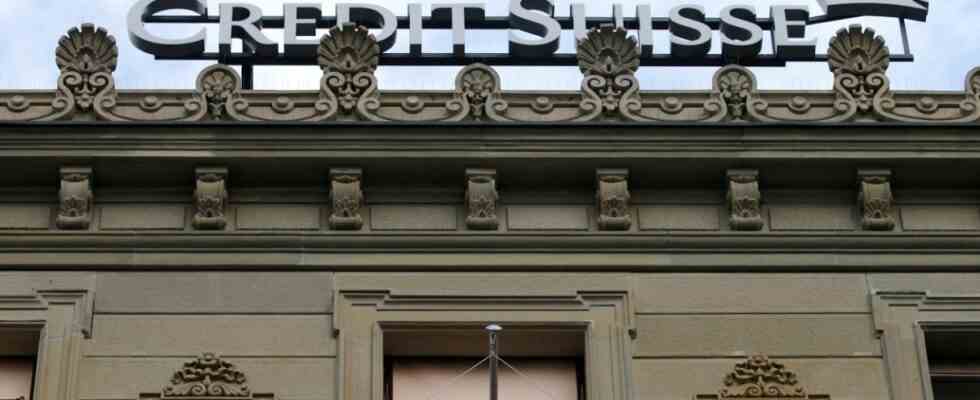The Swiss financial center is in difficult waters. Last week revealed the Southgerman newspaper together with international partner media, the “Suisse Secrets”, research into the secret dealings of the major bank Credit Suisse with a large number of problematic customers – from criminals to kleptocrats and secret service agents to corrupt oligarchs.
Three days later, Russia’s war of aggression against Ukraine began – and while the EU, the United States and Great Britain reacted with bold sanctions against Putin’s power circle and the oligarchs supporting him, Switzerland hesitated to take appropriate steps. Federal President Ignazio Cassis referred to the federal tradition of neutrality. Only after renewed international criticism and presumably under the impression of Russia’s brutal actions in Ukraine did the country follow suit.
Meanwhile, the country’s second-largest bank, Credit Suisse, provided a little consistency in turbulent times: namely another scandal. As the Financial Times reported that Credit Suisse is said to have asked investors to destroy or permanently delete information and documentation in connection with a so-called securitization transaction.
Specifically, it should be about loans that are secured with the equivalent of private jets, luxury yachts and real estate. The bank securitized these loans and sold them to investors as a financial instrument. Apparently, these investors were asked to destroy the information. Super-rich oligarchs appear to be among the clients whose jets and yachts served as collateral for loans. The documents could contain information about the assets of these oligarchs.
It is not known whether these are also Russian citizens who are subject to the current sanctions. the Financial Times However, their report refers to an internal presentation from the responsible department, which reports on loan defaults as a result of sanctions against Russian oligarchs. A third of the defaults on aircraft or yacht loans in 2017 and 2018 were due to sanctions.
Credit Suisse has been going from scandal to scandal for months
The deal at stake was completed at the end of 2021 and is said to have a loan volume of around two billion US dollars. The securitization product was apparently mainly sold to hedge funds to outsource risks. If successful, these hedge funds would have raked in double-digit returns.
The bank’s request to destroy information appears to be in response to coverage of the deal. The bank seems to fear the truth about those deals more than bad press about the cover-up. Credit Suisse has been going from scandal to scandal for months. Two weeks ago, for example, a lawsuit against the bank and a former consultant began, in which the federal prosecutor’s office accuses the bank of serious omissions in the prevention of money laundering. The case revolves around Bulgarian drug dealers who, according to the indictment, are said to have used Swiss bank accounts for their illegal activities. In January, the bank’s Chairman of the Board, António Horta-Osório, had to vacate his post after violating Corona requirements several times. The company’s stock lost 18 percent of its value in the last month alone.
The bank’s recurring problems are now rubbing off on the entire Swiss financial center. After the publication of the Suisse Secrets, a majority of the parliamentary groups in the European Parliament spoke out in favor of examining the practices of the entire financial sector in the Alpine country. The inclusion of Switzerland on a black list of countries that the EU regards as risk countries for money laundering was also discussed. And the bank had to explain to its customers how it was possible for customer data to get into the hands of journalists. The call to shred documents is once again casting a shadow over the bank.
Late Thursday evening, Credit Suisse confirmed that it had asked investors to destroy documents. This corresponds to market practice and was also stipulated in a non-disclosure agreement. However, there is no connection with the recently introduced sanctions.

